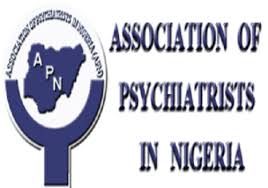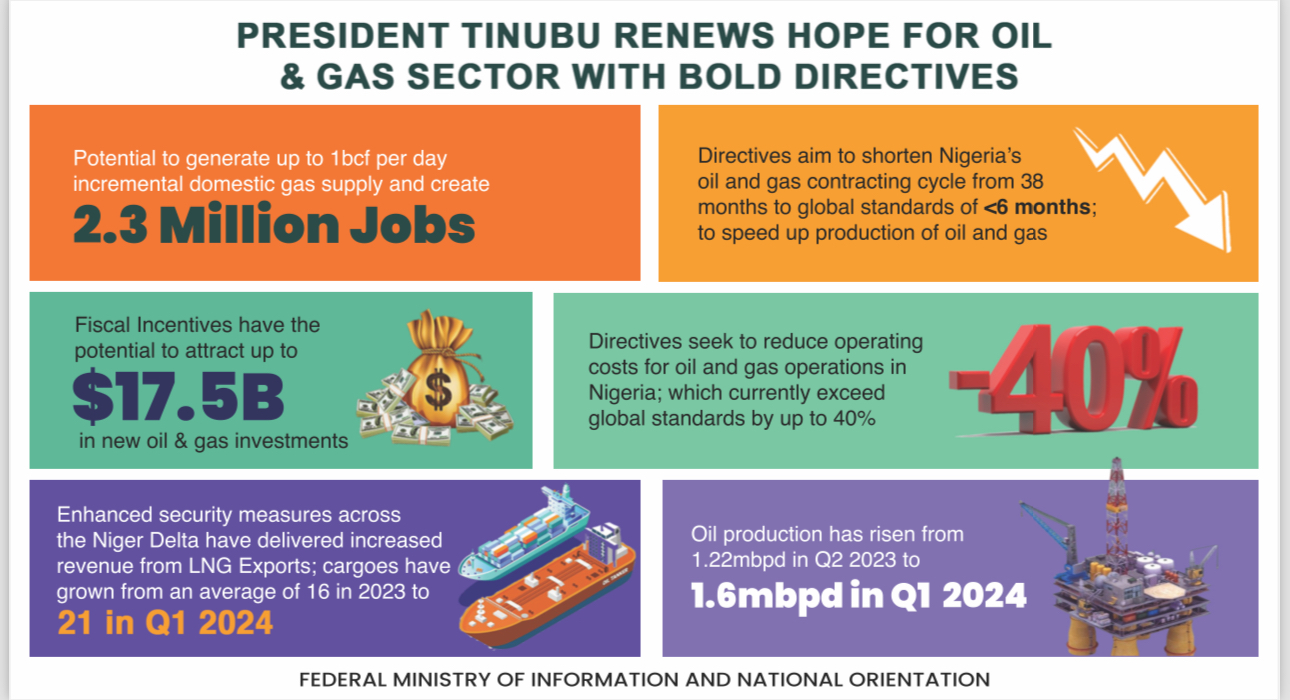
NIGERIA YET TO LIBERALIZE MENTAL HEALTH SERVICES- PSYCHIATRISTS

The body also stated that mental well-being is a state of good health in which every individual realizes his or her own potential, can cope with the normal stresses of life, can work productively and fruitfully, and is able to make a contribution to her or his community.
Penpushing further reports that association categorically rejected the acts of human rights abuses in all its ramifications in this modern era and totally condemns it, adding that it also give rise to increase in suicides (especially among youths) and substance abuse disorders in Nigeria.
The Psychiatrists faulted the cruelty and human right abuses of persons with mental health and psychosocial disabilities in Nigeria as published by the Human Rights Watch, adding that, “Health is a state of complete physical, mental and social well-being and not merely the absence of disease or infirmity.
”This fact file highlights the important aspects of mental health and disorders; mental well-being is not a mere absence of mental illness. It has been estimated that 25-40% of the world population have one form of mental illness or the other at some point in their lifetime. The situation is appalling especially in low-income countries like Nigeria.
‘Nigeria with an estimated population of about 200 Million is not immune to these challenges. With the current adversities of poverty level, violence and social difficulties, the prevalence of mental disorders in Nigeria is likely to be higher than the already stated statistics’.
“The health care delivery in Nigeria is still in precarious state with out of pocket spending among over 80% of citizens, with the inherent difficulties accessing qualitative and efficient health care services in our communities (especially, rural communities)’
‘As such many citizens are struggling with challenges of communicable and non-communicable diseases. The current situation regarding health care workers portends great dangers as the already inadequate healthcare workers are leaving in droves in search of greener pastures and better working conditions in developed countries”.
The Association also refers to the lack of good health services and poor mental health facilities, as being part of reasons for the psychosocial disabilities, adding, “the state of mental health and psychosocial services in Nigeria is appalling, considering the lack of structured service provision, poor mental health and psychosocial facilities and very importantly the numbers of trained mental health care professionals vis-a-vis the population of persons with mental health and psychosocial disabilities’.
“There are fewer than 300 psychiatrists in the country. Thus we have one (1) psychiatrist to about one (1) million Nigerians. Nigeria is yet to liberalize mental health services due to lack of proper legislation, non-implementation of the National Mental Health Service Delivery Policy, refusal to shift from the legacy of colonial mental health systems, with heavy reliance on stand-alone Federal Psychiatric and lack of adequate mental health professionals’.
“Human Right abuses abound in our society, but of particular interest to Association of Psychiatrists in Nigeria are the ones directed towards people living with mental health and psychosocial disabilities’,the statement noted.
‘The Association of Psychiatrist in Nigeria appreciate the efforts of Human Right Watch (HRW) towards bringing to the public attention the human rights abuses of persons with mental health and psychosocial disabilities in Nigeria and specifically their concern and interest in ensuring qualitative mental health care and respect for human dignity for people living with mental health and psychosocial disabilities’.
‘The recent report (by HRW), vivid photos and videos have lend credence to the previously circulated media briefs and press releases of the Association of Psychiatrists in Nigeria on issues that bothers on the cruel nature of care for persons with mental health and psychosocial disabilities in Nigeria’.
Penpushing reports that, the association, while, listing out other challenges stated that, that is no Mental Health Law in place in Nigeria other than the Regional Lunacy Law of 1958, which in content and context violates fundamental human rights of persons with mental health and psychosocial disabilities.
‘It is a law, which lacks a focus on human rights and non-discrimination, access to services and least restrictive treatment alternatives. It’s definitions are largely inadequate in terms of humaneness and scope as it continues to employ denigrating terms such as ‘lunatic’, ‘idiot’ and ‘unsound’ mind while focusing almost entirely on custodial care, and the wordings are derogatory and highly stigmatizing’.
‘Despite all efforts at getting new mental health legislation, it is quite disheartening that for over two decades of struggles, we are yet to have a humane and compassionate National Mental Health Law enacted.
“There is evidently lack of public mental health promotion and mental illness prevention programs in Nigeria due to non-implementation of the National Mental Health Service delivery Policy (2013), the current approach is only treatment directed’.
‘In addition to this is the failure of Government in regulation of treatment practices, thereby giving room to many quacks exploiting the populace through the myths of cultural practices and religious belief and misconceptions about mental health and psychosocial disabilities’.
‘This has led to increase in proliferation of unorthodox treatment and detention centers such as traditional healing homes and religious/spiritual centers that takes advantage of the vulnerable in our society. There have been reported cases of deprivation (food and water) physical, sexual and emotional assaults on persons with mental health and psychosocial disabilities’.
“There is unprecedented level of myths and misconceptions, which are further entrenched by ignorance, poverty and wrong beliefs system about mental health and psychosocial disability. These beliefs, myths and cultural practices contribute to human rights violations of persons with mental health and psychosocial disabilities. Parents and relatives give away their wards easily to some of these detention centers with the hope of getting help, succor and solutions to mental health issues’.
“The lack of strategies for mental well-being promotion and mental health and psychosocial disability prevention activities has led to overarching increase in the prevalence of mental health and psychosocial disabilities, increase in suicides (especially among the youths) and substance abuse disorders in Nigeria’.
“There is lack of equitable distribution of the few modern structures of service delivery for persons with mental health and psychosocial disabilities in Nigeria, it is non-existent in the rural areas where vast majority of Nigerians who need it reside”
Penpushing further reports that Association of Psychiatrists in Nigeria (APN) also condemned all forms of abuses to persons with mental and psychosocial disabilities in all its ramifications.






